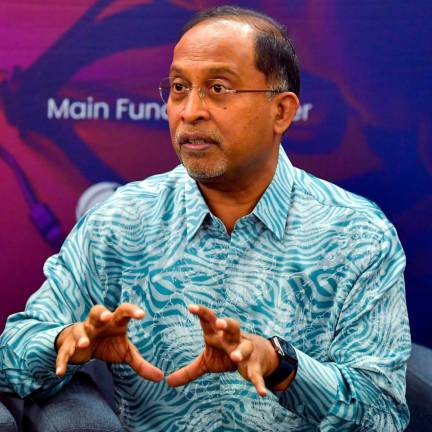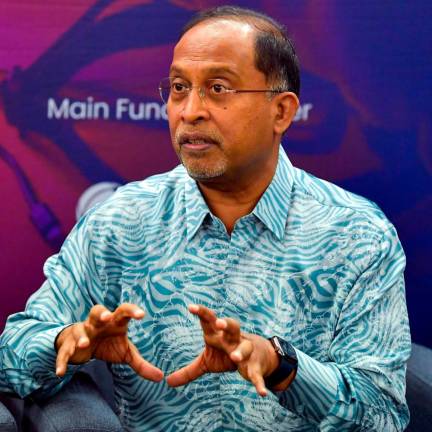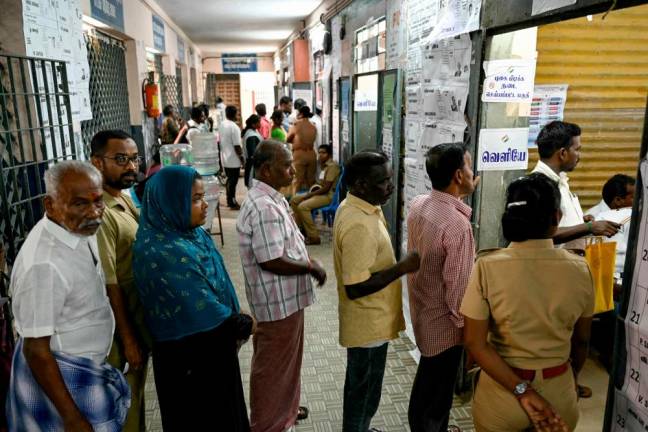PETALING JAYA: Job losses and salary cuts resulting from the Covid-19 pandemic have pushed an estimated 20% of those in the M40 (middle-income) group down to the B40, or lower income category.
While various government initiatives have helped tide them over the current lean period, nothing short of a strong economic recovery will push them back up to their original level, according to economists theSun spoke to.
It is also unclear how long this will take.
Universiti Utara Malaysia professor of economics Dr K. Kuperan Viswanathan said even those who have tertiary education are having trouble getting a job, or if they manage to land one, they are offered low salaries.
An estimate by the World Bank shows that the Malaysian economy is likely to see a 6% growth this year, but Kuperan said this may be difficult to achieve given the high number of new Covid-19 infections daily.
“As long as people don’t travel and spend, the economy will take a lot more time to recover. Curtailing travel has a negative impact on the economy. People need to be encouraged to spend, given that consumption brings business opportunities which will then create jobs.”
He added that in the interim, those in the lower M40 category should learn to better manage their finances as most of them do not have enough savings to last one to three months.
Kuperan also caution ed that there will not be an immediate economic recovery once the pandemic is over.
“Rather, it will come in waves, with ups and downs.”
Sunway University Business School professor of economics Dr Yeah Kim Leng said the biggest challenge would be to get a job once the pandemic has passed.
“Things will be different, so people may need to learn new skills to meet the challenges of the time,” he said.
“Jobs are not going to be available immediately after the economy opens up again. Businesses will take time to re-employ and remove salary cuts, and this is certainly bad news for those who have dropped into the B40 category.
“Many people have already begun to consider work in the informal sector, such as the gig economy.”
Yeah added that people may need to learn to sell things online to improve their economic status.
However, Kuperan said there is no guarantee of success in the gig economy.
“Sooner or later, the gig economy marketplace will get overcrowded with people selling the same goods. It will be like having 1,000 online shops selling the same thing,” he said.
In a separate interview with Bernama, Universiti Malaya Faculty of Economics and Administration senior lecturer Dr Mohammad Tawfik Yaakub said the government could help create jobs by providing more aggressive initiatives to entrepreneurs.
He said at the same time, businesses must continue to explore new export markets.
Bank Islam chief economist Dr Mohd Afzanizam Abdul Rashid told Bernama that sectors such as tourism, aviation as well as food and beverage would take a longer to recover.













